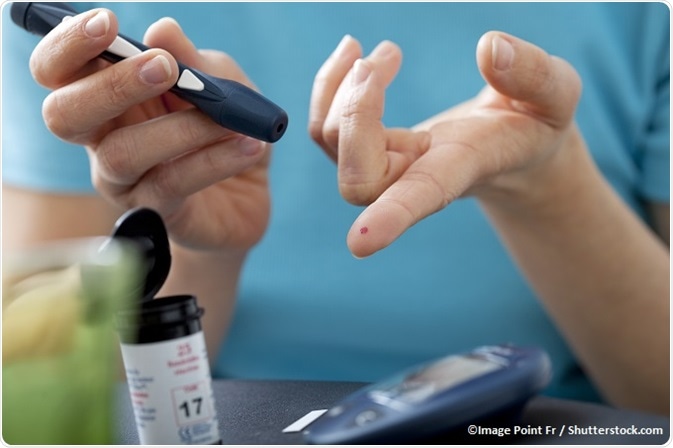For The Latest Medical News, Health News, Research News, COVID-19 News, Pharma News, Glaucoma News, Diabetes News, Herb News, Phytochemical News, Thailand Cannabis News, Cancer News, Doctor News, Thailand Hospital News, Oral Cancer News, Thailand Doctors
Diabetes screening refers to the assessment of apparently healthy individuals with no symptoms of type 2 diabetes to check for type 2 diabetes, so the condition can be detected and treated before it progresses any further. Screening is recommended for high risk individuals who are likely to develop diabetes.

The following points should be considered in the screening of type 2 diabetes:
Screening needs to begin by the age of 45. In healthy individuals who appear to have symptoms of diabetes, blood sugar needs to be tested at least every three years.
The American Diabetes Association recommends that children who are overweight and also have other risk factors for diabetes should be screened every 2 years starting from the age of 10 years. The risk factors include certain ethnicities (such as Native American, African-American, Hispanic American, Asians and South Pacific Islanders), the presence of insulin resistance or the factors associated with insulin resistance such as high blood pressure, high blood cholesterol, polycystic ovary syndrome or having a family history of diabetes.
The most ideal screening test for diabetes is the fasting plasma glucose (FPG) test as it is fast and convenient to perform and as well as being cost effective. An FPG level of more than 7 mmol/L or higher indicates diabetes and further tests may be performed to confirm diagnosis.
If the FPG level is more than 6.1 mmol/L but less than 7 mmol/L, then the patient is considered to have impaired glucose tolerance and is at an increased risk of becoming diabetic.
Lifestyle factors are very important contributors to type 2 diabetes. Eating a healthy, low sugar, low-fat diet and engaging in regular physical exercise can delay the onset and progression of type 2 diabetes. The antidiabetic medication metformin has also been shown to delay the onset of diabetes.
Prevention also includes detecting and treating the associated complications of diabetes such as kidney damage or heart problems.